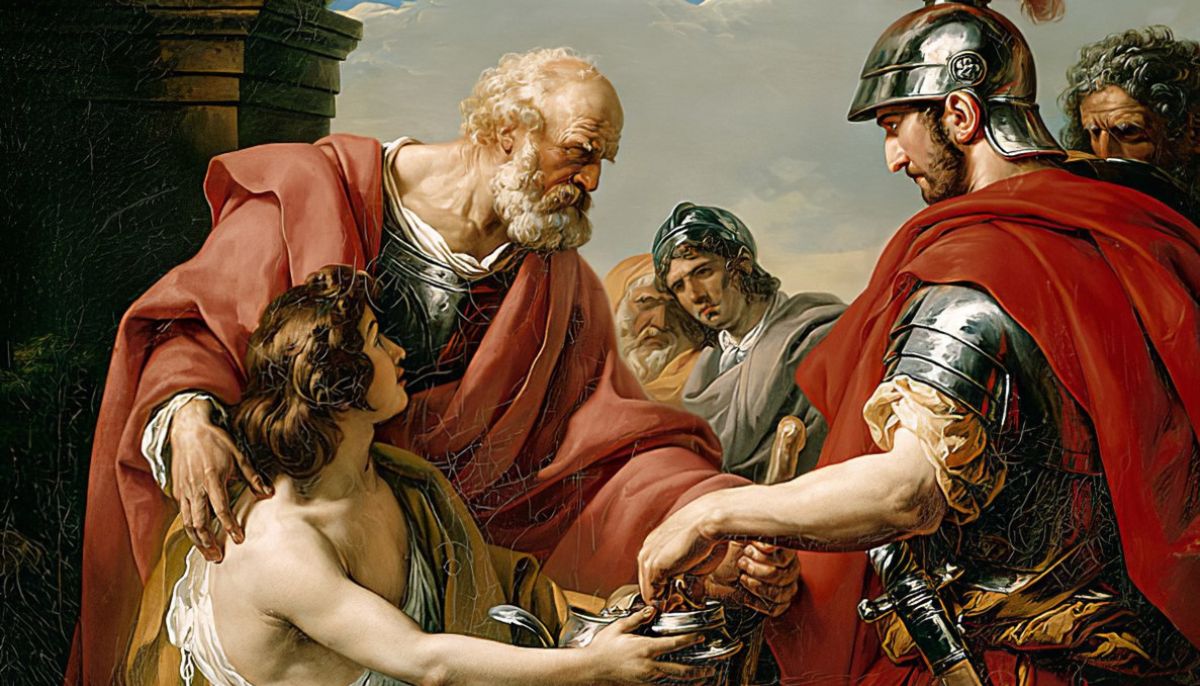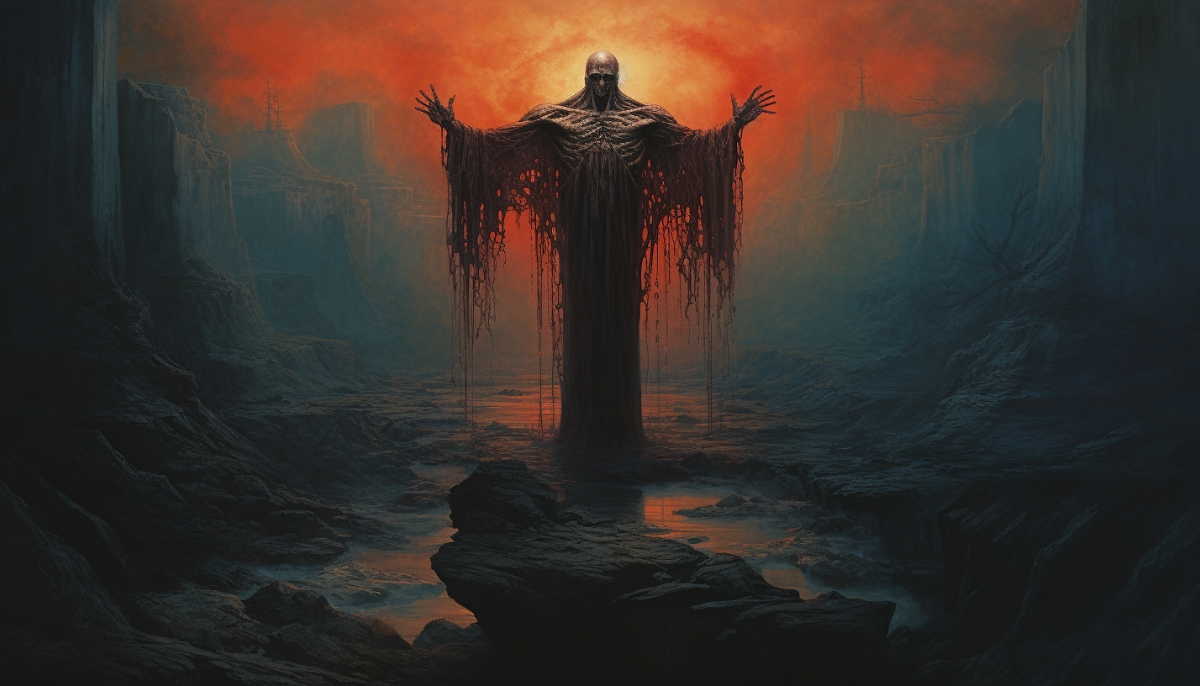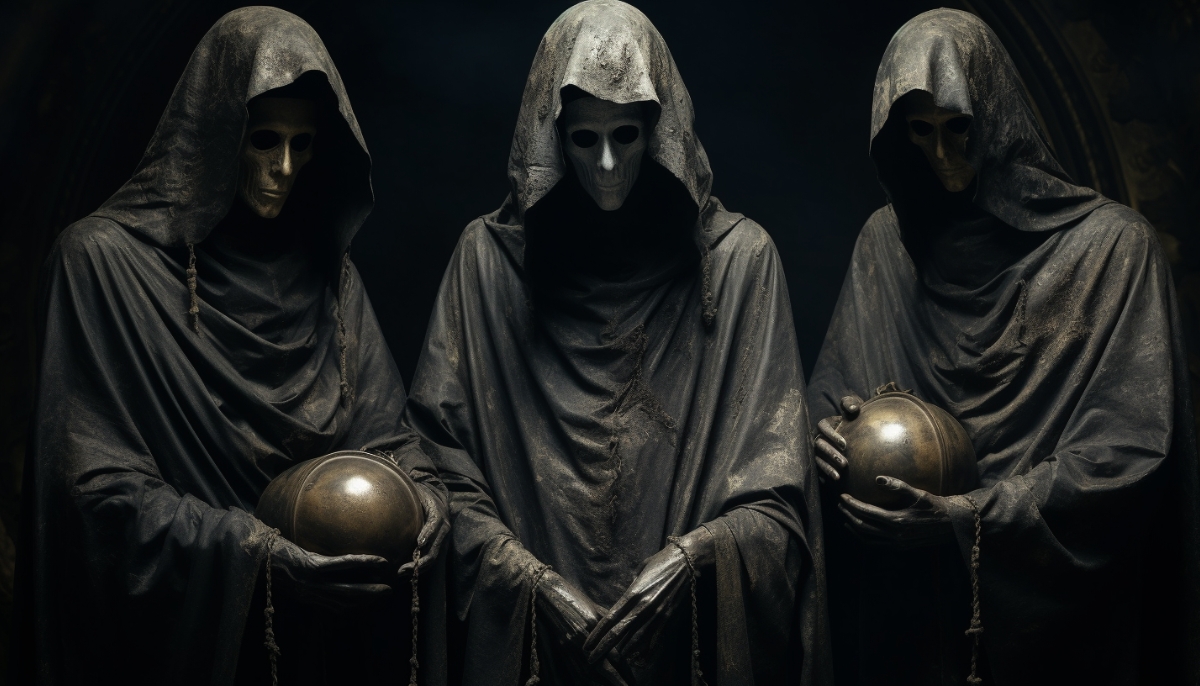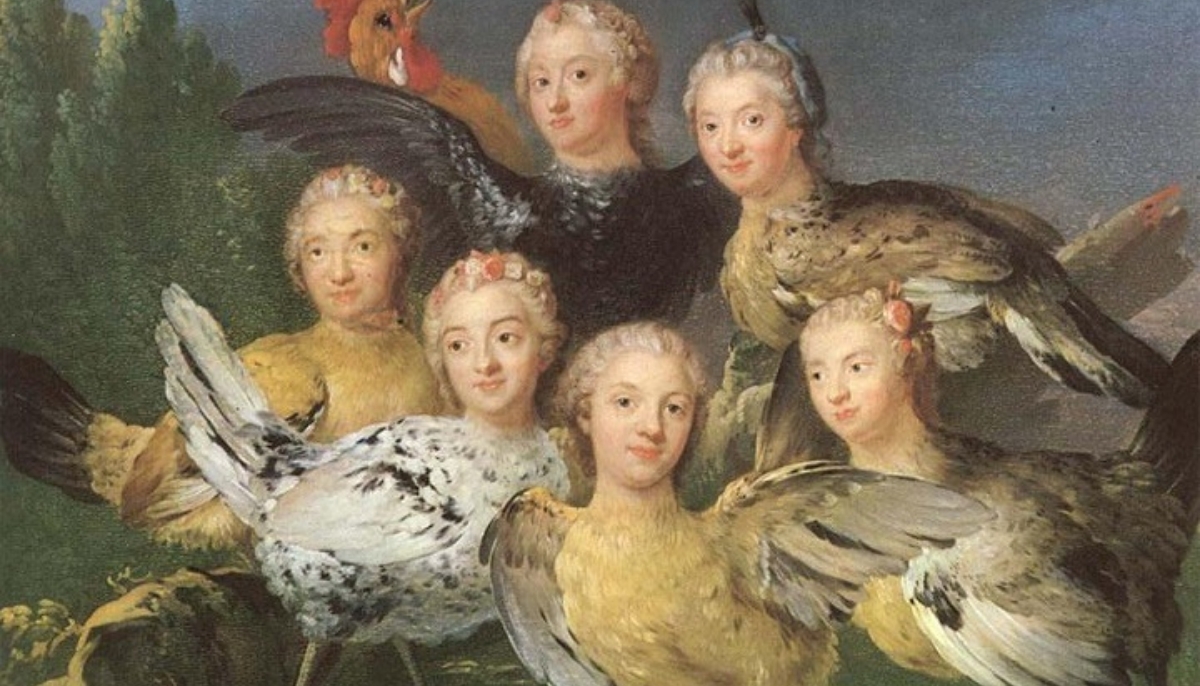When it comes to military prowess, the annals of history resonate with the names of extraordinary leaders who shaped the fate of Rome.
From the Republic’s early days to the Empire’s peak, these commanders exhibited unparalleled strategic insight and unwavering determination on the battlefield.
In this definitive list, we will delve into the lives and achievements of the ten greatest Roman generals, examining their mark on world history.
10. Stilicho (359-408 AD) – The Last Guardian of the Western Empire
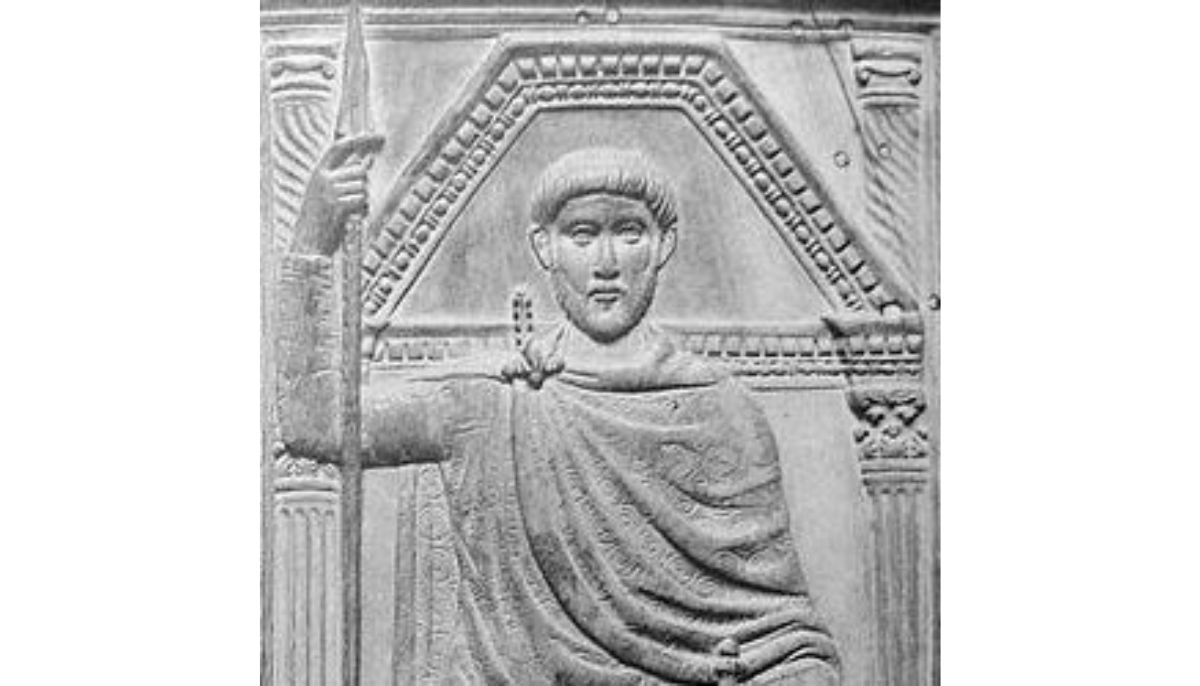
Born of Vandal heritage, Stilicho emerges as a pivotal figure in the waning days of the Late Roman Empire. Serving under Emperor Honorius, he earned his place in history as the last great General of the Western Empire, earning the moniker “last of the Romans.”
Stilicho’s legacy was defined by his relentless campaigns against the formidable Alaric and the Gothic forces, emerging victorious on multiple occasions.
However, in a cruel twist of fate, betrayal loomed. In 408, Stilicho met his untimely end in Ravenna, leaving a void that would prove costly.
Merely two years later, Rome would succumb to the relentless onslaught of the Goths, underscoring the significance of Stilicho’s tenure as a formidable defender of the fading Roman legacy.
9. Agrippa (63-12 B.C.) – Augustus’s Stalwart Commander
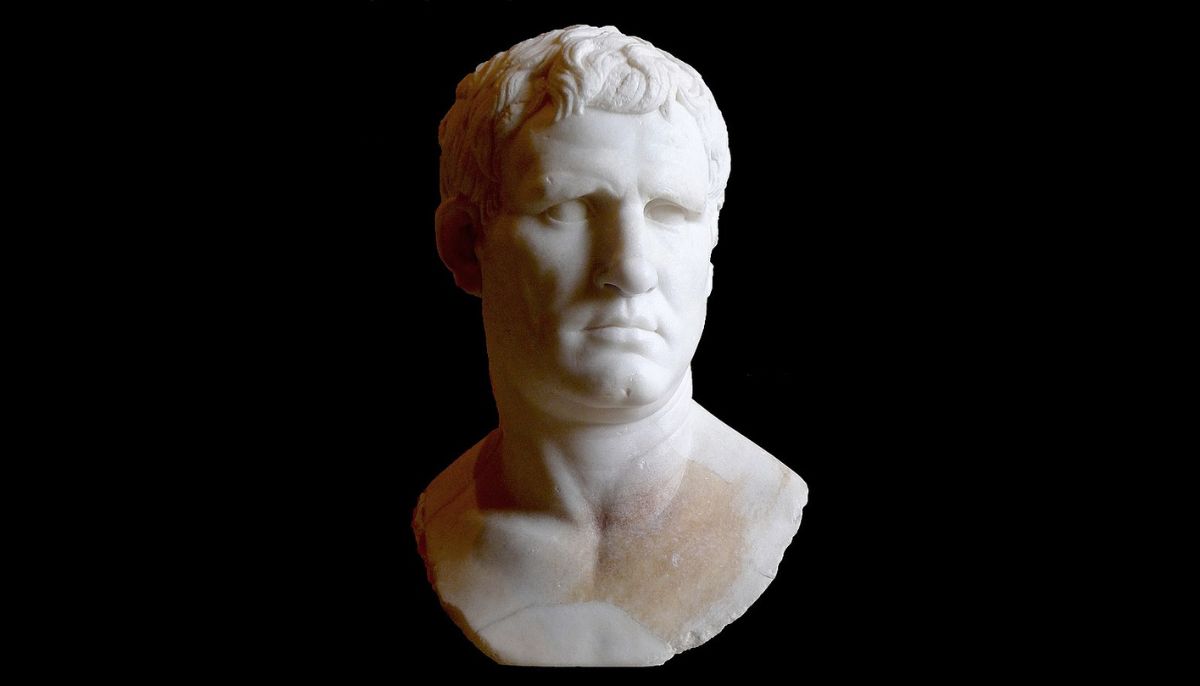
Agrippa, the stalwart military confidante of Emperor Augustus, stood as a pillar of strength during the turbulent twilight of the Roman Republic.
This era was marked by civil strife and upheaval, a time when the fate of Rome hung in the balance. Agrippa’s strategic brilliance came to the fore in the pivotal Battle of Philippi, where he vanquished the formidable duo of Brutus and Cassius, securing the foundations of the nascent Empire.
Beyond the battlefield, Agrippa left an indelible mark on Roman governance. As the governor of Gaul, he became only the second general to successfully lead Roman legions across the formidable Rhine River, a testament to his audacity and military prowess.
Agrippa’s visionary reforms extended to the seas as he orchestrated the reconstruction and reimagining of the Roman navy, culminating in a decisive victory over Sextus Pompey in a naval engagement.
Creation of the Roman Empire
Collaborating closely with Augustus, Agrippa played a pivotal role in the consolidation and expansion of the Roman Empire. His crowning achievement, however, was the retrieval of the Eagles lost to the Parthians after the ill-fated campaign of Crassus. This triumph served as a powerful symbol of Roman resurgence and defiance.
Tragically, Agrippa’s illustrious career was cut short by illness, leading to his untimely demise in 12 B.C. The legacy of this exceptional General reverberated through the generations; his grandson would ascend as the notorious Emperor Caligula, and his great-grandson would later become the infamous Nero, leaving an enduring imprint on the annals of Roman history.
8. Pompey the Great (106-48 B.C.) – Champion of Rome
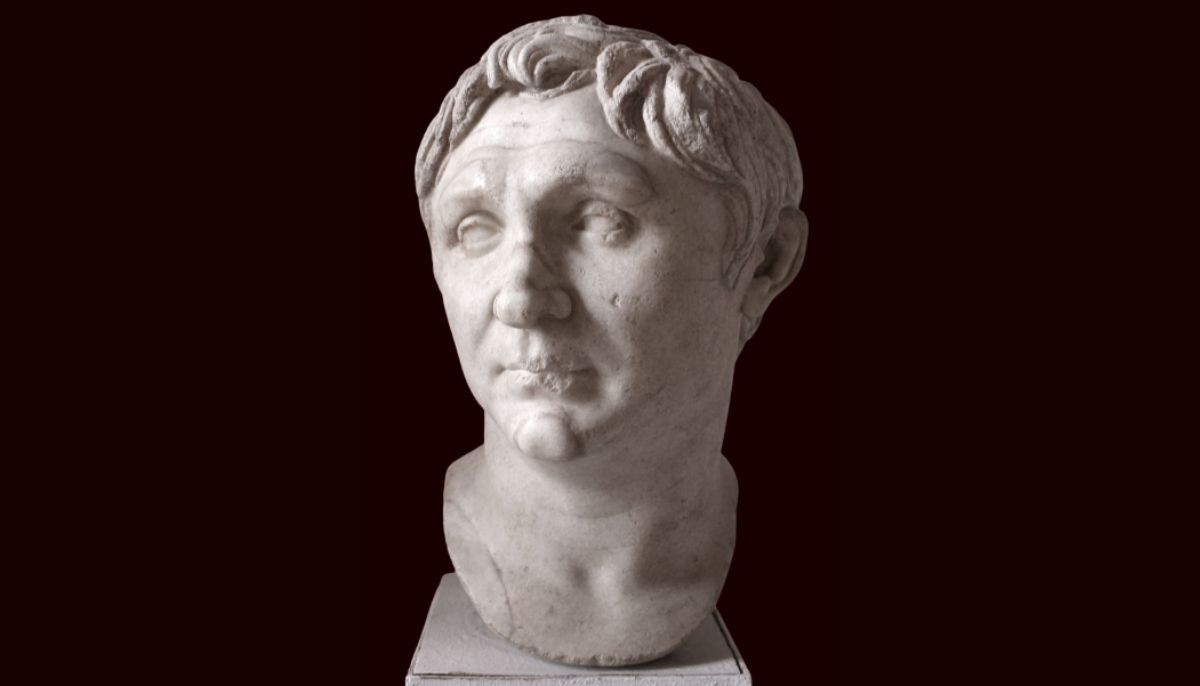
Pompey the Great, a name that resonates through the annals of Roman history, rose to prominence under Sulla’s wing during the Republic’s tumultuous days. His meteoric ascent to military eminence culminated at 25 when he was bestowed with the title “Magnus” – the Great – following a decisive victory over the Numidians.
Admiring the exploits of Alexander the Great, Pompey carved out a legacy of his own, starting with the suppression of the Spartacus rebellion in tandem with Crassus. His relentless pursuit of victory extended to the Mediterranean, where he eradicated piracy, securing vital trade routes.
Pompey the Great’s Conquests in the East
The conquests of Pompey spanned the vast expanse of the East. From the rugged terrains of Armenia to the Crimea, he pursued Mithridates IV, leaving a trail of Roman triumphs in his wake. Eventually, Mithridates took his own life, leaving Pompey as the unrivaled master of the region.
Pompey’s incursion into Syria marked the end of the Seleucid Empire, solidifying his reputation as a military virtuoso. His return to Rome was met with a third triumphant celebration, a testament to his unparalleled feats.
The fall of Pompey
Choosing retirement from military affairs, Pompey’s respite was short-lived. The collapse of the First Triumvirate and the ascension of Caesar prompted a call to arms. In a fateful clash with Caesar, Pompey met his match and fled to Egypt, where he met a tragic end at the hands of his enemies.
Pompey’s legacy is a testament to his indomitable spirit and military genius, a figure whose impact on Roman history remains etched in the annals of time.
7. Trajan (53-117 AD) – Architect of Rome’s Apex
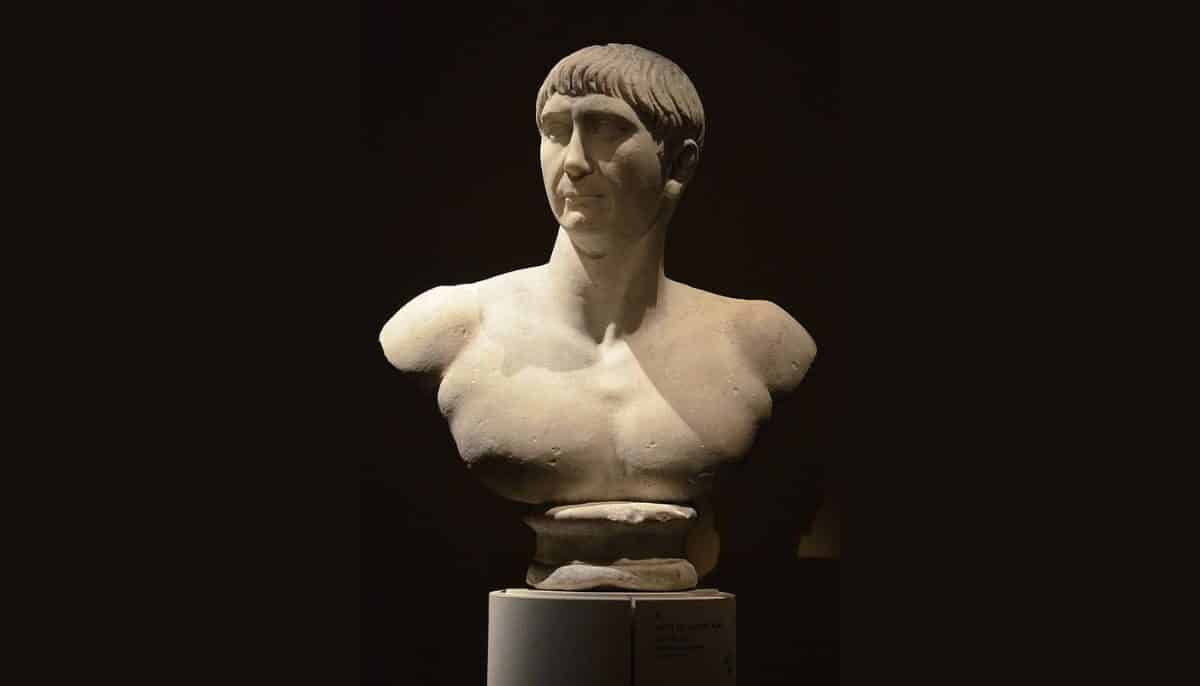
One of Rome’s greatest emperors, Trajan, ascended to power when the Empire stood at its zenith. His reign marked the pinnacle of the Pax Romana, an era characterized by unprecedented stability and prosperity.
Trajans conquests
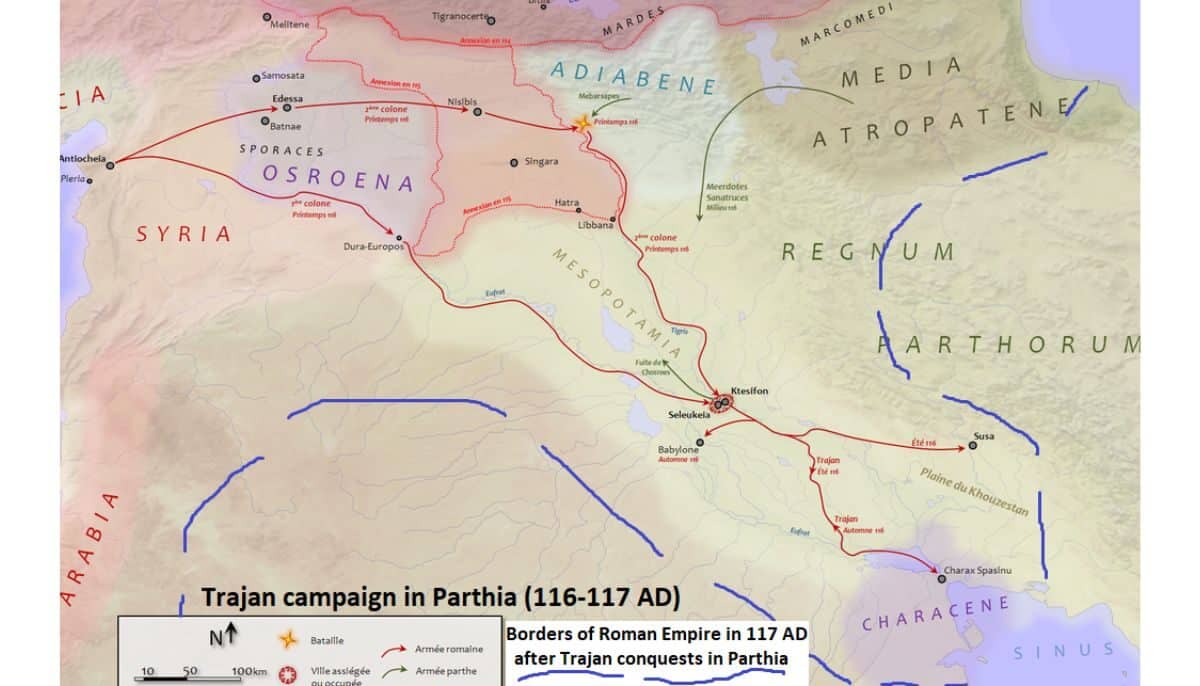
Trajan’s legacy is indelibly tied to his far-reaching conquests. He spearheaded the expansion of the Roman Empire to its zenith, solidifying his reputation as an unparalleled military strategist. The acquisition of Dacia, a formidable feat, added substantial territory to Rome’s dominion and bolstered its resource base.
The eastward thrust of Trajan’s campaigns is a testament to his audacity and tactical understanding. From the heart of Parthia to the shores of the Persian Gulf, his legions carved a path through modern-day Iraq, securing new frontiers and leaving an indelible mark on the annals of Roman conquest.
Trajan’s rule was a crucible of imperial might, and his strategic brilliance redefined the boundaries of the Roman world. Under his guidance, Rome reached its peak, setting a standard that would resonate through the ages.
- Was Trajan one of Rome’s gay Emperors?
6. Fabius Maximus (280-203 BC) – The Strategic Savior of Rome
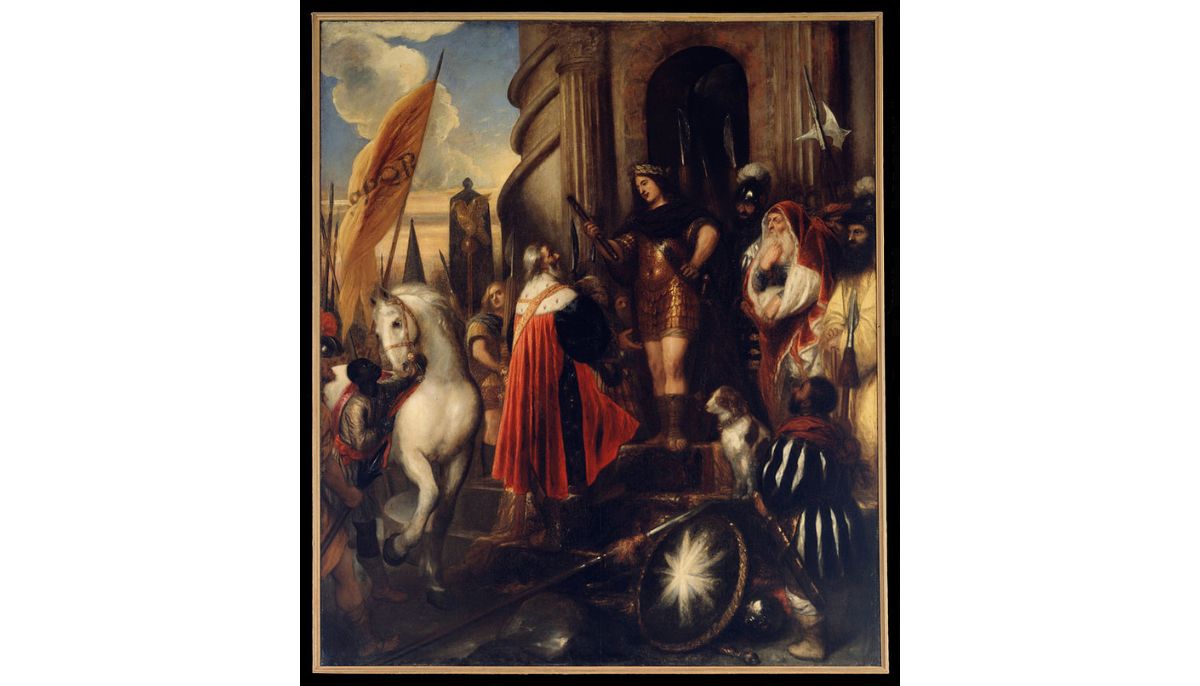
Fabius Maximus stands apart from the illustrious conquerors like Pompey and Trajan. While he isn’t celebrated for vast territorial acquisitions, his pivotal role in history saved the Roman Empire before it even began.
Fabian Strategy
During the Second Punic War, Rome faced a dire threat in the form of Hannibal, the Carthaginian general whose audacious tactics pushed the Republic to the brink of collapse.
Fabius saw the peril in direct confrontation and instead employed a bold strategy of delay, a method viewed as unorthodox in the fiercely martial Roman society. This tactical deviation, however, proved instrumental in thwarting Hannibal’s relentless advance.
Hannibal’s army, a relentless force that seemed invincible, was met with Fabius’ ingenious adaptation of guerrilla warfare. By leveraging the rugged terrain and employing hit-and-run tactics, Fabius disrupted Hannibal’s supply lines and turned the tide of the conflict.
The climactic showdown at the Falernian Plain saw Fabius on the brink of defeating Hannibal, a testament to his tactical ingenuity.
Unpopularity in Rome
Despite his invaluable contributions, Fabius’ approach was controversial in Rome. His cautious strategy clashed with the prevailing martial ethos, leading to his replacement and, subsequently, the catastrophic Battle of Cannae. However, the wisdom of Fabius was eventually recognized, and he was reinstated to lead Rome in its crisis.
Even in death, Fabius’ legacy endures. Modern analysts hold him in high regard for his foresight and unconventional yet effective tactics. His strategic acumen, potentially saving Rome from annihilation, cements Fabius Maximus as a figure of immense importance in the annals of Roman history.
5. Sulla (138-79 BC)- The Terrifying Architect of Rome’s Transformation
![Colossal male bust, made of white marble covered by a yellowish patina, cut below the neck, h 47 cm. The elaboration of the neck indicates that it might have been part of a statue with toga (the "Sulla Orator" at the Louvre could be a copy of that statue [see François Hinard, Silla, Salerno, Rome, 2003, pp. 267-268]). The nose is missing and the ears are damaged. Copy from c. 40 B.C. of an original from the 2nd century B.C. (the style of the hair suggests that it might be from Hadrian's reign). The identification with Sulla, roman dictator between 82 and 81 B.C., comes from a 1642 engraving in Palazzo Barberini, Rome, where it was exposed in front of a "Marius", now in the Glyptotek in Munich](https://historyhogs.com/wp-content/uploads/2023/09/Sulla-Bust.jpg)
Sulla emerges as one of the most formidable and daunting figures in the annals of Roman history, wielding an influence that would reverberate through generations. His path paved the way for Pompey and Caesar, ultimately leading to Augustus and the transformative shift from Republic to Empire.
The rise of Sulla
Hailing from the patrician class, Sulla epitomized the traditional powers entrenched in the Roman Republic. His early triumphs over Jugurtha and the formidable Cimbrians set the stage for a meteoric rise. However, his intensifying rivalry with Marius would ultimately define his legacy.
The crucible of the Social Wars saw Sulla assert dominance over the south of Italy, solidifying his reputation as a military stalwart. Unyielding, he marched on Athens after a rebellion instigated by Mithradates IV, showcasing his unrelenting resolve.
Sulla vs Marius
Yet, Sulla’s return to Rome marked a turning point, as he waged brutal civil wars against Marius. The death of Marius left the opposition to Sulla in disarray.
Sulla seized power, assuming the mantle of Dictator with an iron grip. The ensuing purges, known as the proscriptions, cast a dark shadow over his legacy.
In his twilight years, Sulla retired from the caustic political arena. His passing in 78 B.C. marked the end of an era, leaving behind a complex legacy encapsulated in the infamous phrase: “No better friend, no worse enemy.”.
As both a conqueror and a harbinger of profound political transformation, Sulla’s legacy remains etched in the annals of Roman history.
4. Aurelian (214-275 AD)- Restorer of the world
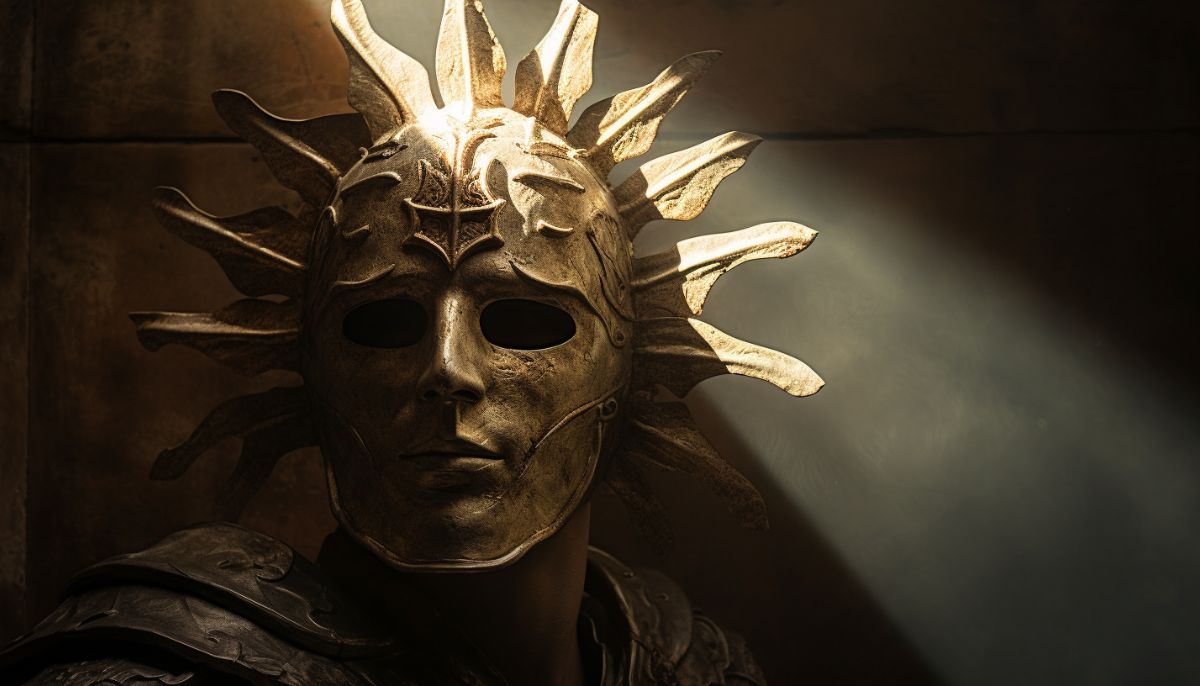
Aurelian ascended to power during the most turbulent chapter in Roman history, the Crisis of the Third Century. The Empire teetered on the edge of collapse.
He inherited a fractured realm, contending with the West’s Gallic Empire and the East’s formidable Palmyrene Empire, led by the audacious Zenobia.
restoring the Empire
Aurelian’s priority was to secure the Empire’s vulnerable borders. His campaign across northern Italy and the Danube dealt decisive blows to marauding barbarian forces, reestablishing Roman authority in these critical regions.
Aurelian’s victories in the East
Zenobia, a formidable figure in the East, had established the Palmyrene Empire, posing a significant threat to Roman authority. Recognizing the gravity of the situation, Aurelian marshaled his forces and embarked east to face Zenobia.
After a hard-fought struggle, Aurelian emerged victorious. Zenobia, once a symbol of defiance, now stood in chains, a captive testament to Aurelian’s military prowess.
Her capture signaled the restoration of Roman control over the East, quelling the Palmyrene revolt and reaffirming the authority of the Roman Empire.
However, Palmyra rose again, rekindling the flames of rebellion. Aurelian swiftly marched back to the East, determined to decisively end the threat posed by Palmyra.
The ensuing conflict was fierce and unrelenting, culminating in a devastating siege that left Palmyra in ruins.
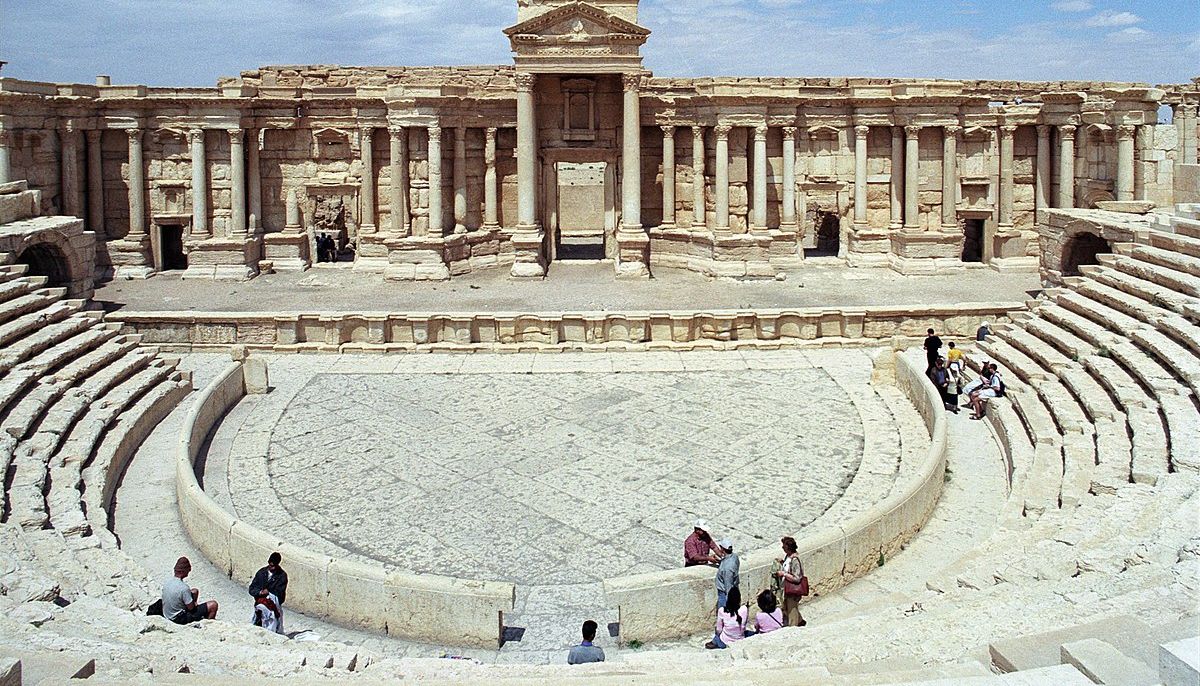
Reconquest of Gaul
In the West, a different challenge awaited Aurelian. Tetricus, the leader of the Gallic Empire, sought refuge in Aurelian’s camp, recognizing the futility of opposing the resurgent Roman Empire. This unexpected turn of events presented Aurelian with a crucial decision.
Rather than seeking retribution, Aurelian displayed his strategic acumen and political shrewdness. He saw an opportunity to consolidate power and unify the fractured Empire. Tetricus’ defection marked a turning point, leading to a pivotal battle against the remaining dissident Roman forces in the West.
Aurelian demonstrated his military prowess, decisively defeating the traitorous faction. This triumph solidified his legacy as a leader who could not only quell external threats but also navigate the complex internal dynamics of the Empire.
The reunification of the Roman Empire under Aurelian’s banner marked a pivotal moment in its history, setting the stage for its resurgence.
Restitutor Orbis
This triumph earned Aurelian the illustrious title of “Restitutor Orbis” (the restorer of the world) from the Roman senate.
Aurelian’s reign, often overshadowed by his successors, is a testament to his extraordinary leadership. His legacy forms the bedrock upon which future luminaries like Diocletian and Constantine would build.
Yet, he remains one of Rome’s most underrated emperors, having laid the foundation for the grand resurgence that would follow.
3. Julius Caesar (100-44 B.C.) – The Military Genius Who Defined an Era
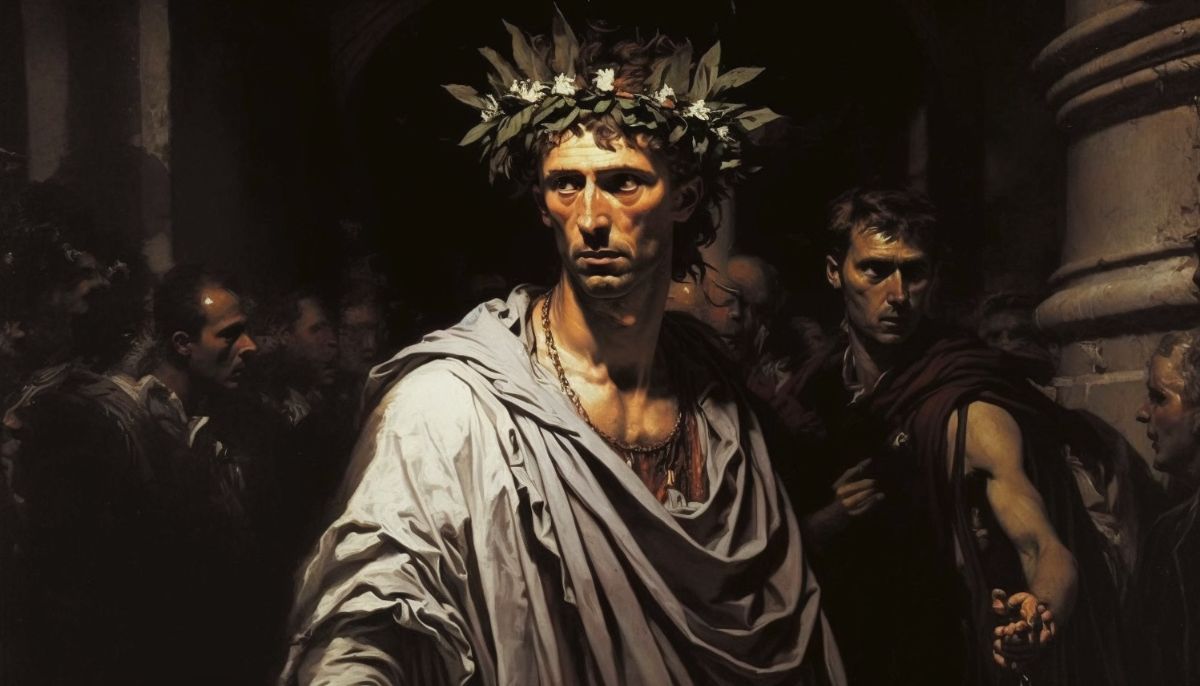
Julius Caesar, an icon of military history, is one of the most renowned generals ever graced the world stage.
His illustrious career began with exceptional bravery, earning him the coveted Civic Crown for saving a fellow Roman’s life, a prelude to the extraordinary feats that would follow. The Civic Crown is one of the most significant symbols in Roman history.
Caesar’s conquest of Gaul
Appointed as the governor of Gaul, Caesar embarked on a conquest that would etch his name in the annals of military legend. With a combination of brilliant strategic and brutal repression, he conquered Gaul and pacified the entire province.
The pinnacle of Caesar’s achievements culminated in the legendary Battle of Alesia. Recognizing the formidable challenge posed by Vercingetorix’s Gallic forces, Caesar executed a masterstroke – constructing a double wall, an engineering marvel that encircled both his troops and the besieged Gauls. This audacious move left Vercingetorix trapped and led to the surrender of the Gallic chieftain, solidifying Caesar’s dominance over Gaul.
Caesar’s military exploits were meticulously chronicled in his Commentaries, providing invaluable insights into his strategic thinking and tactical brilliance.
His audacious foray into Britain, though more of a political maneuver, further burnished his reputation as a visionary leader willing to venture beyond the known boundaries of the Roman world.
Civil War
Yet, Caesar’s meteoric rise to power and the success of his legions began to cast a long shadow over the Senate. They recognized Caesar as a potent threat, pushing him to a breaking point. When Caesar crossed the Rubicon on his famous horse, civil war became inevitable.
In the ensuing conflict, Caesar’s legions proved invincible. The decisive victories over Pompey and the Senate catapulted him to unparalleled heights of power. Caesar’s military genius was further underscored by his ability to not only conquer external foes but also defeat other Roman Legions.
Veni, Vidi, Vici
Following the conquest of Egypt and the resounding victory over Pharnaces, son of Mithradates, Caesar immortalized his triumph with the legendary phrase: “Veni, Vidi, Vici” – “I came, I saw, I conquered.” As he returned to Rome, plans for a daring invasion of Parthia were underway, yet fate intervened in the most tragic ways.
Julius Caesar’s legacy endures as a testament to his extraordinary military acumen. His ability to defeat a diverse array of enemies, the unwavering loyalty of his troops, and his triumphs over rival Roman legions in the crucible of civil war have firmly established him as a military genius, shaping the course of history for generations to come.
2. Belasarius (500-565 AD)- The Last Roman General
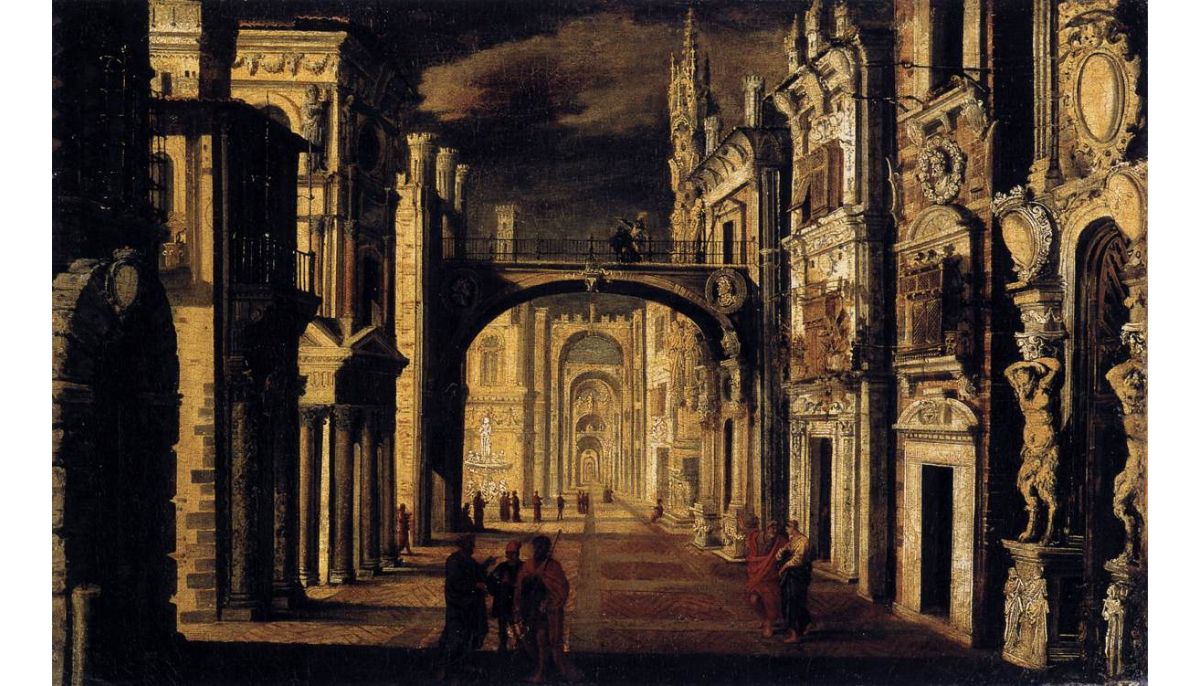
Belisarius, though technically a Byzantine general (and I might be cheating a bit by including him since he’s not a traditional Roman General, but let’s give him some love anyway), merits a significant spot in military history.
Often overshadowed by earlier Roman Generals, he rose as a key figure during the Byzantine era, when the Western Roman Empire had fallen, and the Eastern Roman Empire, or Byzantium, remained a bastion of continuity.
Belisarius served under Emperor Justinian, a ruler with an unwavering obsession to revive the Roman Empire. Earning the moniker “the last Roman general,” Belisarius embarked on a journey that showcased his remarkable military prowess and unyielding loyalty to Justinian’s cause.
Rise to power
His remarkable career began with the Persian War, where Belisarius demonstrated early success but ultimately faced a stalemate. He was then summoned back to Constantinople, where he confronted the infamous Nika Riots, a brutal episode resulting in the deaths of thousands. This ruthless suppression solidified Belisarius as Justinian’s trusted second-in-command.
Conquests of belisarius
Belisarius’s military genius came to the fore during the North African campaign, where he overthrew the Vandal Kingdom with a mere 15,000 troops. His success was a testament to his exceptional generalship and ability to forge alliances with local powers.
The reconquest of Rome marked another crowning achievement. Landing in Sicily and methodically advancing up the Italian peninsula, Belisarius reconquered Rome without resorting to brute force. For the first time in 50 years, the Eternal City was Roman again.
Mistrust of Justinian
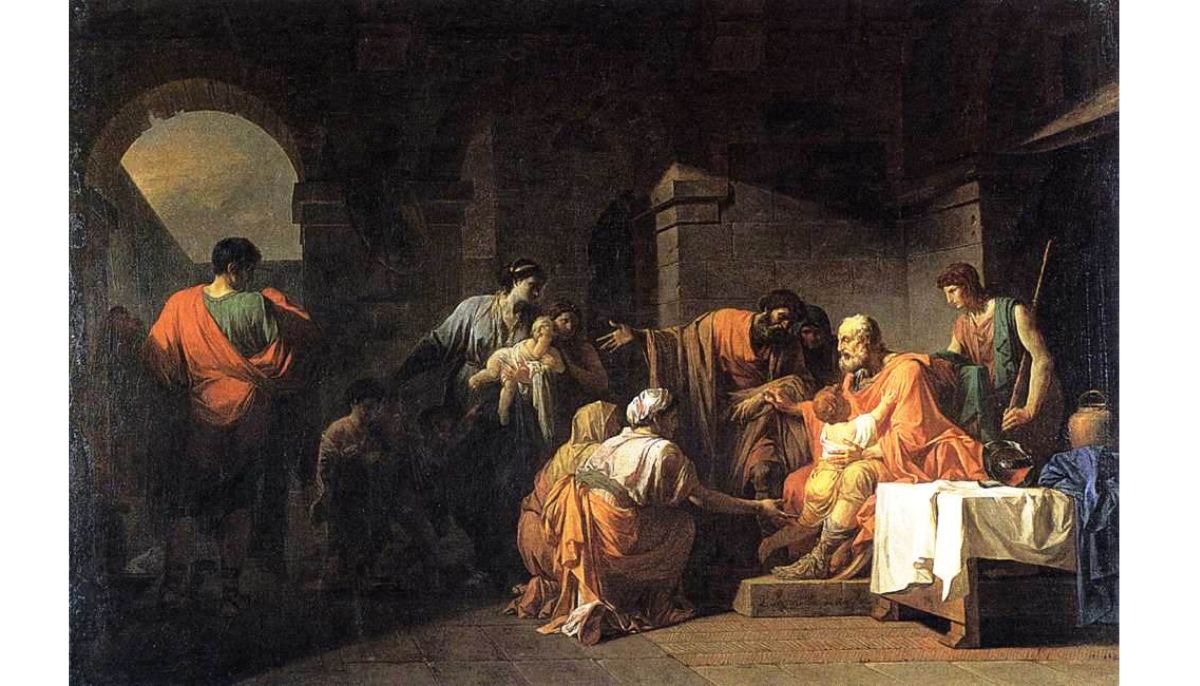
In the subsequent period, Belisarius demonstrated exceptional defensive prowess in safeguarding Rome against resurgent Ostrogothic forces.
However, Justinian, harboring doubts due to an earlier offer of the Western throne to Belisarius from the Ostrogoths, recalled him to the East. There, the accomplished General faced off once more against the Sassanid Persians.
In 551, Justinian dispatched a force led by Narses, eventually defeating Totila at the Battle of Taginae and ending the Ostrogoth Kingdom. Italy was reclaimed, but the region was devastated, and Rome lay in ruins.
Belisarius’s military career continued, with notable successes against the Kutrigur Bulgars, a remarkable victory achieved with a mere 2,000 men against overwhelming odds.
Fall from grace
Yet, despite his unswerving loyalty and numerous achievements, Belisarius’s fate took a tragic turn. He was falsely accused of corruption, found guilty, and imprisoned.
Belisarius, the last of the Roman generals, passed away in 565 CE, leaving behind a legacy of military brilliance and unwavering dedication to the Byzantine Empire.
Belisarius and Justinian are remembered as the last men who had a chance to reunite the Roman world, and if the Plague of Justinian had not happened, they may have succeeded.
1. Scipio Africanus (236-183 BC) – Rome’s greatest General
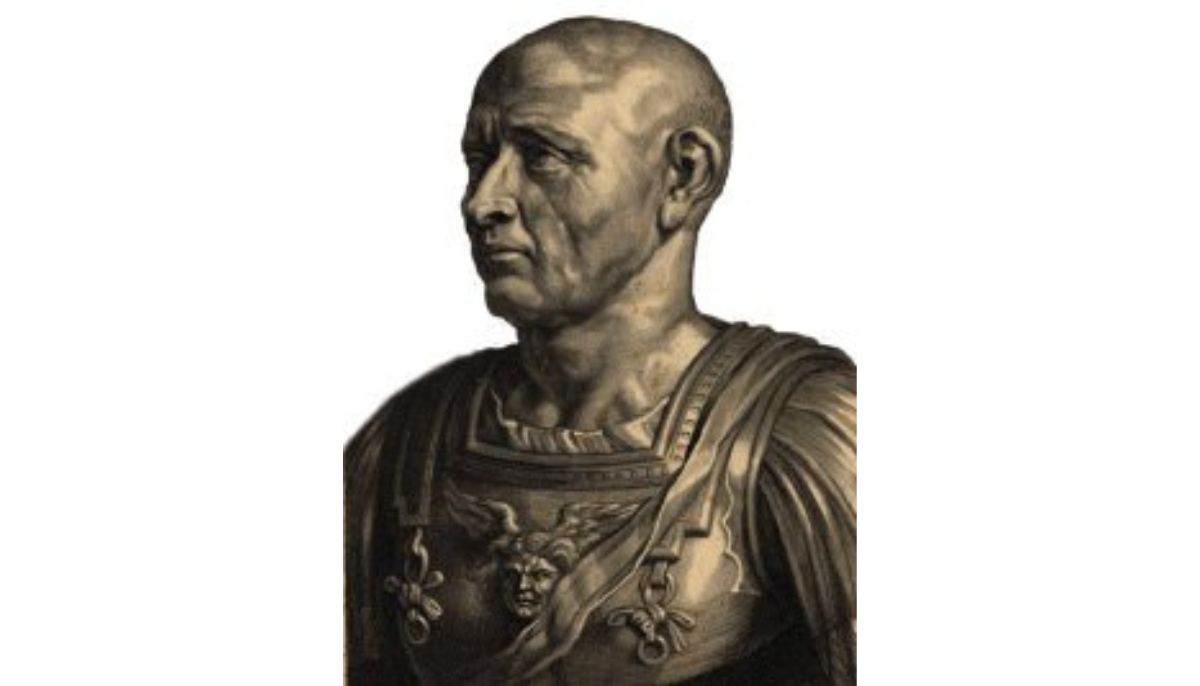
Scipio Africanus, the quintessential embodiment of Roman military genius, rises to the top of this list as Rome’s greatest General. His extraordinary journey, marked by resilience, tactical brilliance, and audacity, solidified his status as an unrivaled military luminary.
Scipio, a survivor of the catastrophic Battle of Cannae, grew up under the shadow of Rome’s greatest nemesis, Hannibal Barca. His ascent to prominence was shockingly rapid. He was appointed proconsul at the astonishingly young age of 26.
With a burning desire to avenge his father’s death at the hands of Hasdrubal, Hannibal’s brother, Scipio set his sights on the heart of Carthaginian power in Spain.
Conquest of Spain
Scipio faced formidable odds in Spain, facing Hasdrubal’s three armies, each larger than his own. Through a daring maneuver, he successfully besieged and captured the formidable city of Carthago, securing a crucial foothold for Rome in the Iberian Peninsula. Scipio’s leniency earned him a reputation as a liberator rather than a conqueror among the Iberian people.
One of his crowning achievements came in southern Spain, where Scipio executed a brilliant pincer move, outsmarting Mago and Hasdrubal and leading to a resounding Roman victory. After four years of relentless campaigning, Hasdrubal and the remnants of the Carthaginian forces fled across the Pyrenees, effectively ceding Spain to Scipio’s control.
Invasion of Africa
Returning to Rome, Scipio’s accomplishments earned him the consulship at the astonishing age of 30. Rather than pursuing Hannibal in Italy, he set his sights on Carthage, a bold strategic decision that raised concerns among the Roman Senate.
Initially provided with limited and inferior troops, Scipio spent a year diligently drilling his forces before embarking on his audacious African campaign.
Scipio’s invasion of Africa began with a pivotal victory at Utica, prompting several Carthaginian allies to defect to the Roman cause. In 202 BC, Hannibal was recalled to defend Carthage, setting the stage for the climactic Battle of Zama.
Scipio Africanus vs Hannibal
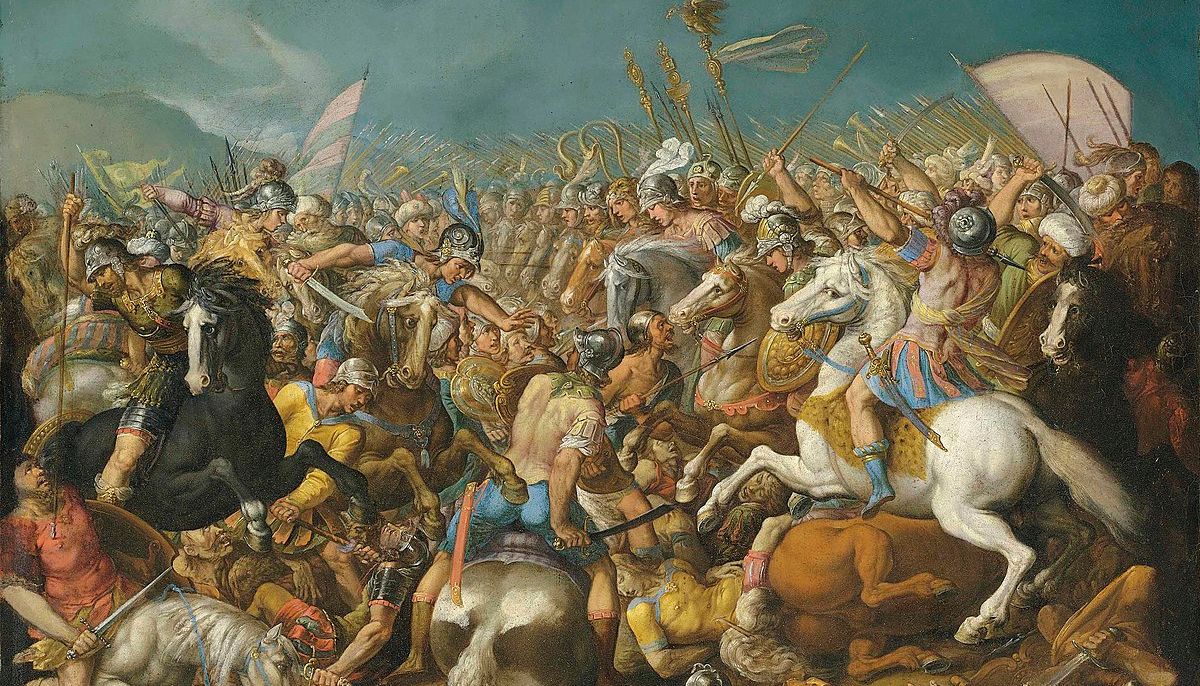
At Zama, Scipio faced Hannibal, each commanding 40,000 troops. Scipio held a crucial advantage with superior Numidian cavalry, while Hannibal wielded a fearsome force of 80 war elephants. This epic clash pitted two of the greatest generals of their generation against each other.
Scipio’s mastery of tactics, notably his employment of a signature pincer move with heavy cavalry, shattered the Carthaginian forces, killing 20,000 soldiers. Hannibal was forced to flee, marking the peak of Scipio’s career.
Yet, Scipio’s success made him too potent a figure for the fragile Roman Republic. Accusations of bribery left him ostracized and embittered. He would die at the age of 56.
Had Scipio operated in a time like that of Sulla or Caesar, his already remarkable career might have reached even loftier heights.
Scipio’s contributions to Roman history are unparalleled. His victories ended the Second Punic War and solidified Rome’s status as a preeminent power in the ancient world.
While Scipio did not live to explore further military or political achievements, his impact on Roman military history remains unmatched. His blend of tactical genius, innovative strategies, and charismatic leadership makes him Rome’s greatest General.
